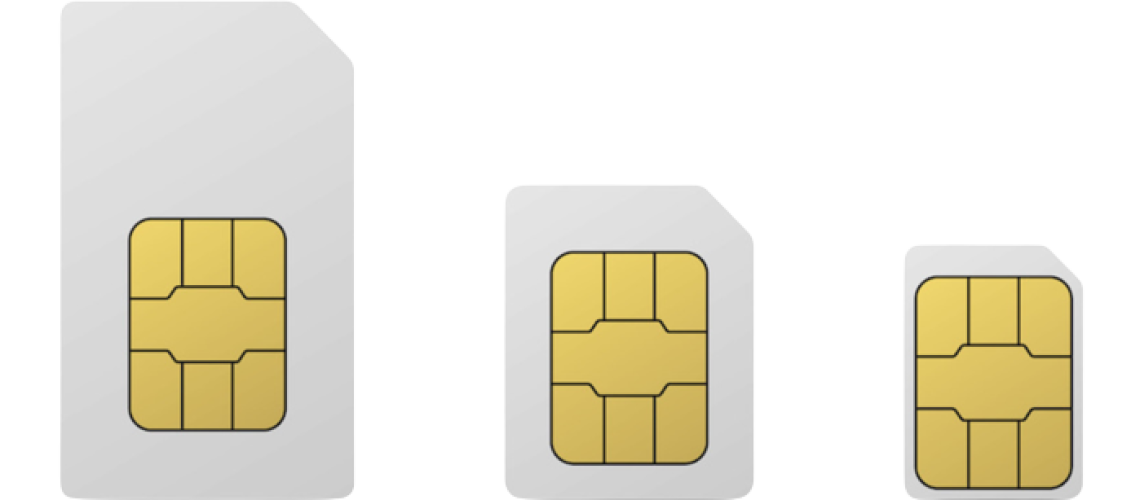We often get asked why someone would opt for one type of SIM card over another. It depends on the use case and specific needs, but hopefully below is a starting point.
Data SIMs, IoT SIMs, and M2M (Machine-to-Machine) SIMs are all types of SIM (Subscriber Identity Module) cards designed for specific purposes in the realm of wireless communication. These SIM cards differ in their intended use cases, data plans, and network configurations, including the use of private APNs (Access Point Names). Let’s explore the differences between them:
-
Data SIMs:
- Intended Use: Data SIMs are primarily designed for general-purpose mobile data access. They are commonly used in smartphones, tablets, USB dongles, and mobile hotspots for accessing the internet on the go.
- Data Plans: Data SIMs typically come with standard data plans designed for consumer use. These plans often include voice and text services, in addition to data.
- Public APN: Data SIMs generally use public APNs provided by mobile network operators (MNOs). These APNs are used by a wide range of customers for accessing the public internet
-
IoT SIMs:
- Intended Use: IoT SIMs are tailored for Internet of Things (IoT) devices, such as smart sensors, trackers, and other connected devices. They are meant for applications that require reliable, low-power, and often low-data-rate communication.
- Data Plans: IoT SIMs typically come with specialised data plans optimised for IoT use cases. These plans may offer lower data rates and prioritise data transmission efficiency.
- Public or Private APN: IoT SIMs can use either public APNs or private APNs, depending on the specific requirements of the IoT application. Private APNs are used for added security, control, and network isolation.
-
M2M SIMs:
- Intended Use: M2M SIMs, like IoT SIMs, are designed for machine-to-machine communication but are often used in more industrial or enterprise settings. They are used in applications such as remote monitoring, fleet management, and industrial automation.
- Data Plans: M2M SIMs come with data plans that cater to the specific needs of M2M applications. These plans may offer higher data allowances and prioritise reliability.
- Private APN: M2M SIMs typically use private APNs. Private APNs are crucial for M2M applications as they provide a secure and controlled connection to the network, ensuring data privacy and reducing the risk of unauthorised access.
So to summarise: the key differences between these types of SIMs lie in their intended use cases, data plans, and APN configurations. Data SIMs are for general mobile data access, IoT SIMs are optimised for IoT devices with a focus on efficiency, and M2M SIMs are often used in industrial applications with an emphasis on reliability and security, including the use of private APNs to maintain data integrity and confidentiality. Choosing the right type of SIM card depends on the specific requirements of your application.
If you have any questions or have a requirement for SIMs please get in contact us.








